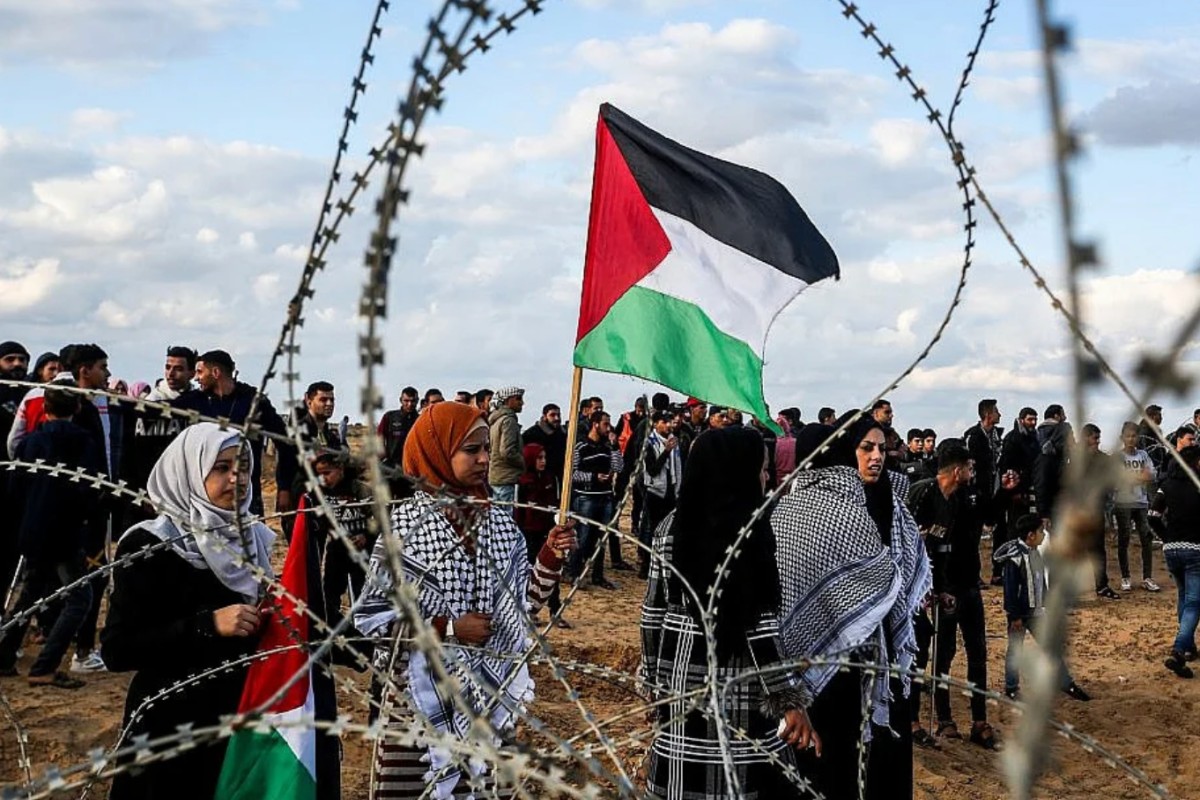The Role of the Balkan Muslims in the Shaping of Europe
By Geoffrey Cook, MMNS
Berkeley–At the very end of last year a Xavier Bougarel came to confer with us on the relationship of the Islamic Balkans with the emergence of a modern Muslim Europe.
He stated that the manifestation of Kosovo (Kosova) is not secure yet. Both the Bosniaks and Kosovars are still over depending upon the United States for materiel and protection. The Balkans themselves have only independently been recently energized within Europa.
Strangely, Xavier stated that Balkan Islam is not homogonous to the land! (How long must people with a belief inhabit a terrain to be indigenous?) Dr. Bougarel does admit that the links between their religion and their national identification are strong and firm.
Some say most of the mountainous Muslims converted during the Ottoman period. During the Socialist era of Chairman Tito most of the Yugoslav Turks were forced back into Anatolia.
After the remnants of the Ottomans left the Socialist Republic between the two great Wars, various States within the Federation began to distinguish themselves as Islamic except Albania because it was already an independent Islamic State. The Communists had destroyed Islamic institutions over the Dalmatian Coast and its hinterlands. Like in the Union of Socialist Republics (U.S.S.R.), (all) religion was replaced by authoritarian modernism that has had a great influence on the Islam found in the (former) Yugoslavia. There was a general acceptance amongst the Southeastern European Muslims of State secularism. When the Belgrade-centered State began to crumble, Islam emerged with new opportunities to the point of the materialization of Muslim Nationalism!
Greece early won its battle against Communism right after the Second World War. Therefore, it was not dominated by that ideology. Thus, to Athens, the Balkan Muslims were perceived solely as a religion and not a threatening political force.
Of course, there has been a dramatic change during the last two decades along the Southern Mountains of the Adriatic. There was a sense that they had a right to a nation(s) of their own in that part of the world. Muslim Nationalism hardened even more. The Wars of the 90s opened whole areas where they were in the majority! While the regional realities modified; so, did geopolitics between those who remained in the their traditional homes in the Balkans and the ever expanding Islam over Europe itself.
In the Muslim tradition of South Europe Islamism is alien (surfacing from outside the region), but Sufism is indigenous.
Diversity is what is desperately required on the East Coast of the Adriatic Sea, but the tradition of Socialist Modernism is still challenging customary Islamic institutions generating a deep crisis that within the reappearing Islam that is unique to this locality.
Both the Muslims and those in the West of the Continent all have European citizenship, but there are differences in how they relate to their environs. The Balkans has a sturdy sense of ethnicity while the Western European sense of religion is scattered between many sects, etc.
The Balkan groups are much more sophisticated politically having created their own parties. Also, in the West religious institutions are not as well defined as in he Southern Mountains although there is an important Balkan Diaspora in Western Europe. Thus, it is fair to say there are Pan-European Islamic clusters from the West southward into the Balkans themselves.
Muslims have to obey the laws of the nation-state in which they reside. Islam finds itself protecting the rights of these countries even though they may be in conflict with the greater ulema. Of the utmost importance to Muslims in Western Europe, but especially the Balkans, is the admission of Turkey into the E.U. (The European Union), for Ankara will be a voice for all Muslims inside the E.U. itself.
10-19














2008
945 views
views
0
comments